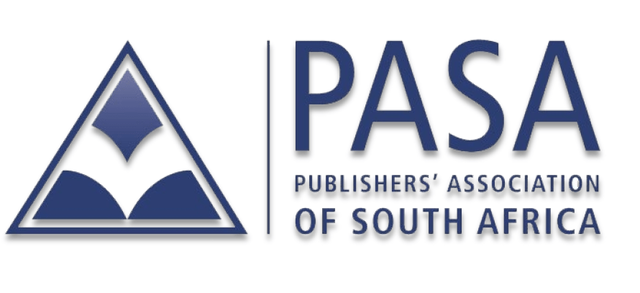The Constitutional Court responded to Blind SA’s application to have the current Copyright Act declared unconstitutional and wording read into the Act which would allow print-impaired persons access to reading materials without the authorisation of copyright owners. Blind SA’s bid was to have section 19D of the Copyright Amendment Bill now before Parliament read into the current Copyright Act.
In an insightful judgment written by Mr Justice David Unterhalter, the Constitutional Court declined to declare the entire Copyright Act unconstitutional. Instead, the Court decided that only the three sections that grant exclusive rights to authors of literary and artistic works are unconstitutional to the extent that they prevent the making of accessible format copies of published literary works and embedded artistic works without authorisation.
The Court ordered the government to fix the unconstitutional aspects of the Act within 24 months of the judgment.
Print-impaired persons, like blind persons, will now be able to convert printed literary works into accessible formats without the permission of the copyright holder.
Brian Wafarowa, Chairperson of the Publishers Association of South Africa (PASA), said: We welcome this ruling as it provides a legal framework for visually impaired people to access published materials more effectively. We have been working with other stakeholders to enhance access to our published works, including with the Department of Basic Education to ensure that visually impaired learners get their materials at the same time as other learners, and we have been urging the government to implement the Marrakech Treaty for the same reason. We have also been active members of the IPA’s Accessible Books Consortium (ABC). The full benefits of this provision for visually impaired people will be realised better through collaboration between rights holders and representatives of people with visual impairment. As we have done in the past, we will rally our members to give effect to this ruling and ensure better access for people with visual impairment.

